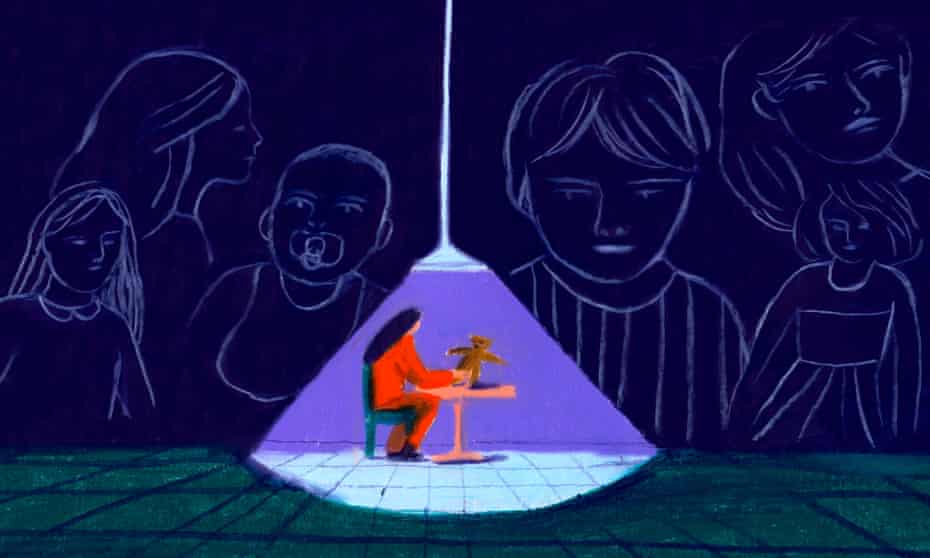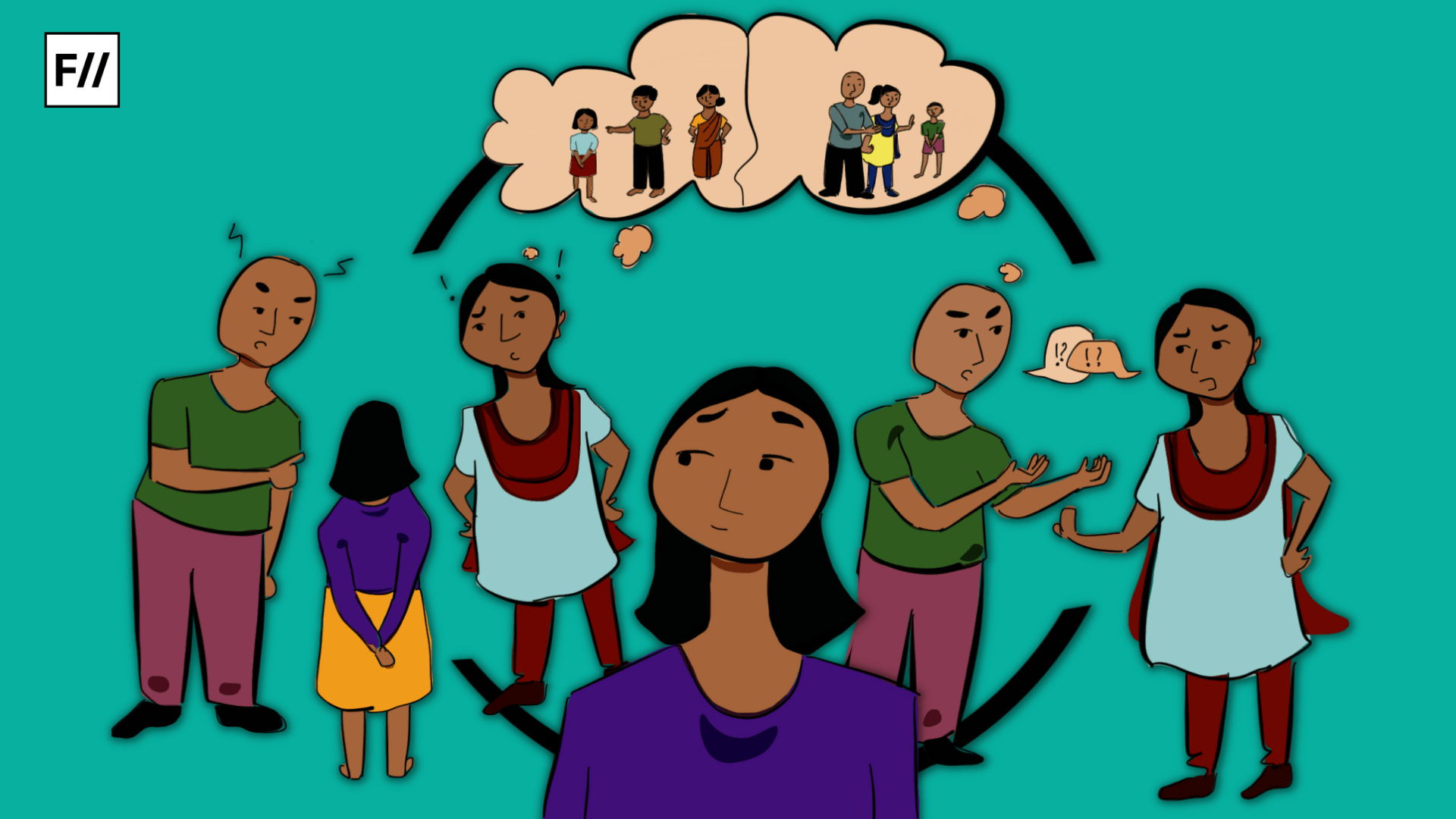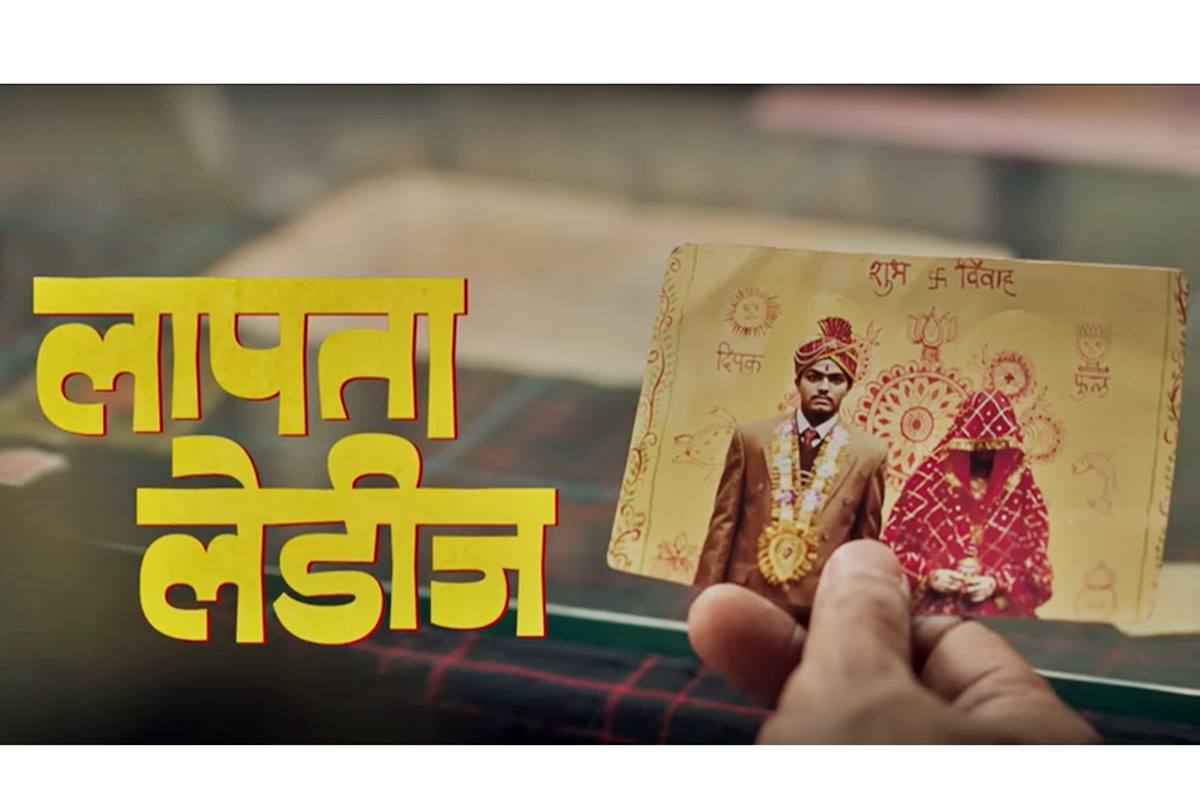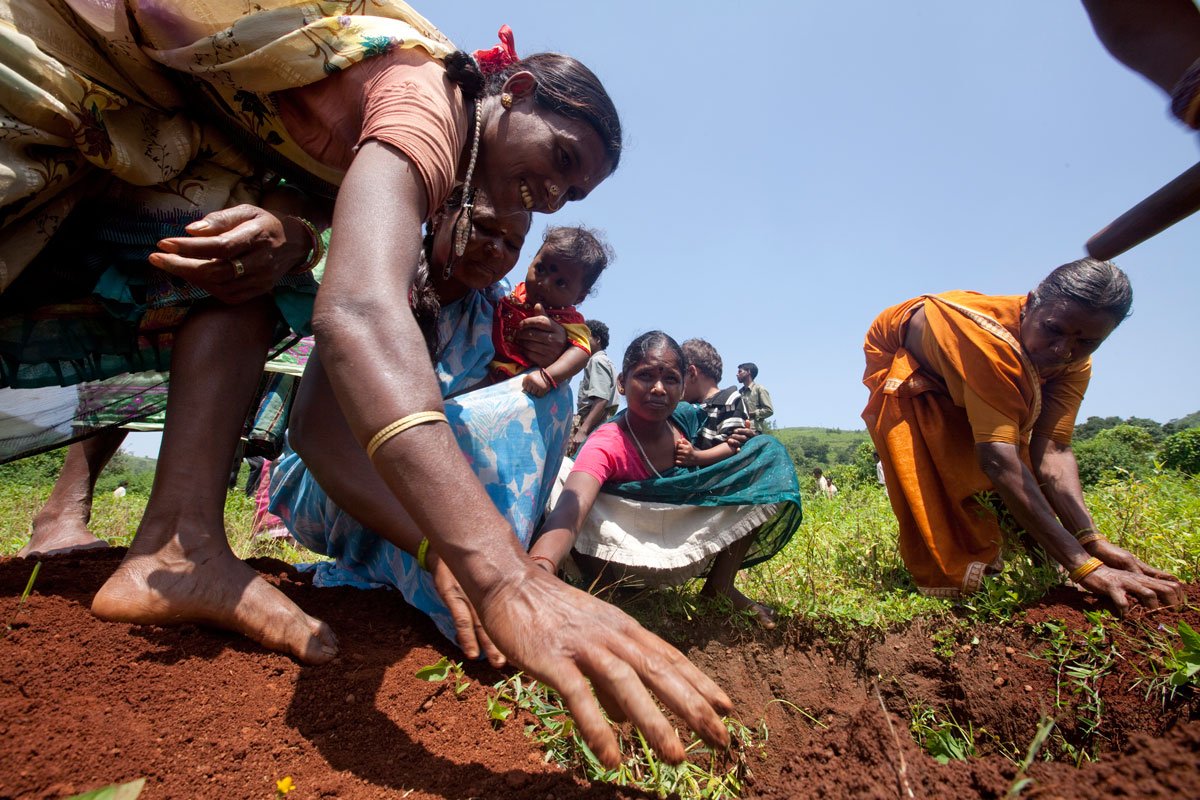Editor’s Note: FII’s #MoodOfTheMonth for September, 2021 is Parenthood. We invite submissions on the many layers of being parents, having parents and navigating the social norms of parenting throughout the month. If you’d like to contribute, kindly email your articles to sukanya@feminisminindia.com
Trigger warning: This essay contains mentions of childhood abuse, death by suicide and parental trauma
Repeating patterns or cycles often run in families. One of the most common and devastating generational patterns is a cycle of abuse. It is not uncommon for a child who has been abused to internalise the violence they experience and pass it on to other, more vulnerable members of the family, including younger siblings and animal companions. As adults, many survivors of childhood abuse end up abusing their own children.
When I was a child, I had no idea how dysfunctional my family was or how badly I was being abused. However, I was intuitively aware that something about my family was just not right. I had a friend whose voice overflowed with excitement when she spoke about her daddy.
A starry-eyed little girl in my class told me she wanted to be “just like mummy” when she grows up. I couldn’t relate to these kids who were smitten with their parents. I wasn’t excited to see my father. He was mostly absent and even when he was with us, all he did was shout. I didn’t want to be like my mother. She was always crying, fighting with others, or scolding and beating me.

Even though I didn’t realise it back then, my childhood was a troubled one. One of my earliest memories of my mother is of her beating me even as I begged her to stop. I hardly have any early memories of my father in which he is not swearing or shouting. My parents rarely talked to me or to each other; it was obvious even to my young mind that they probably didn’t want to be together.
I grew up in abuse and dysfunction–that was my “normal.” What also became my “normal,” was blaming myself for my parents’ unhappiness. I was probably a “bad” girl, that is why my parents were so sad and angry, right? If I tried to be a “good” girl and did all that they wanted me to, then they would be happy.
The more I learned about my parents’ early lives, the more I realised that they were just two hurt, flawed, and disappointed individuals who were never taught how to love. What they received from their parents–anger, hatred, and apathy–what was they passed on to me
For years, I tried my best to make my parents happy. I was a good student, I did well at school and brought back several medals and awards. My teachers adored me, my parents still didn’t. In my mid-teens, I took on much housework–cooking, cleaning, sweeping, mopping–to prove to my mother I wasn’t a burden.
I never interacted with boys in high school because I knew that would make my mother sad. My mother had no friends and I was her lone emotional support. I gave it my all to be a good “friend” to her, even though that meant not having the time or energy to interact with girls in my own age group.
Also read: Abraham Maslow And Indian Parenting: Does Every Parent Deserve A Child?

However, irrespective of how much I tried, the family situation didn’t change. My father was still angry and emotionally absent. My mother still called me a “useless burden.” All the efforts I put in these years didn’t earn me any love or bring peace and harmony to the family. Instead, I was left emotionally broken and drained, taking to self-harm, consumed by suicidal thoughts.
As a young adult, I became more consciously aware of the dysfunctional patterns in my immediate and extended family. I was the product of a marriage that was nothing more than a legally enforced contract between a man and a woman who wanted to do nothing with each other but had to stay together because of social and family pressure.
Now, I had a decision to make: I could go with the flow and carry forward the family legacy of pain, abuse, and resentment, or I could make conscious efforts to break the pattern. I chose the latter. I chose to become the cycle breaker. Many adult children of abusive parents break the cycle of abuse by becoming great parents themselves
I learned that my mother, who had always blamed me for being born a girl and for destroying her life, had herself been abused for being a girl by her father. Her father had branded her a “burden on his shoulders” and coerced her into marrying a man of his choice. My mother’s inability to show me any empathy stemmed from her own mother’s insensitivity towards her. My father’s anger issues had their roots in unresolved trauma from his early life.
The more I learned about my parents’ early lives, the more I realised that they were just two hurt, flawed, and disappointed individuals who were never taught how to love. What they received from their parents–anger, hatred, and apathy–what was they passed on to me.

Now, I had a decision to make: I could go with the flow and carry forward the family legacy of pain, abuse, and resentment, or I could make conscious efforts to break the pattern. I chose the latter. I chose to become the cycle breaker. Many adult children of abusive parents break the cycle of abuse by becoming great parents themselves.
I chose another way, I chose never to have children and focus on my own inner healing so that I don’t go around spewing abuse on those more vulnerable than I am. As anyone who has dared to break a generational cycle of abuse would know, the journey is not an easy one. Resolving past trauma, letting go of the resentment that has been brewing inside you for long, and making peace with your inner demons take intense inner work.
Healing is often a painful, long-winded process. At times I just want to give up, but then I realise I have already come a long way from where I was before. I might not yet be where I want to be, but I am definitely on the right path.
Also read: Can An Unequal Marriage Be The Foundation Of A Family?
Featured Image: Ritika Banerjee for Feminism In India




